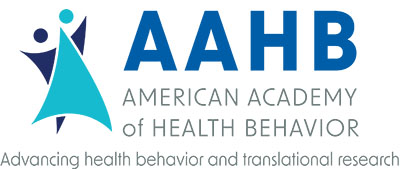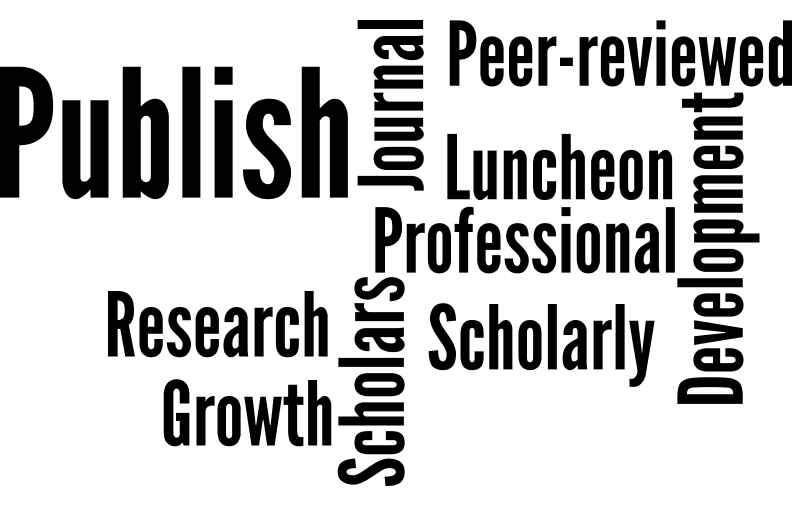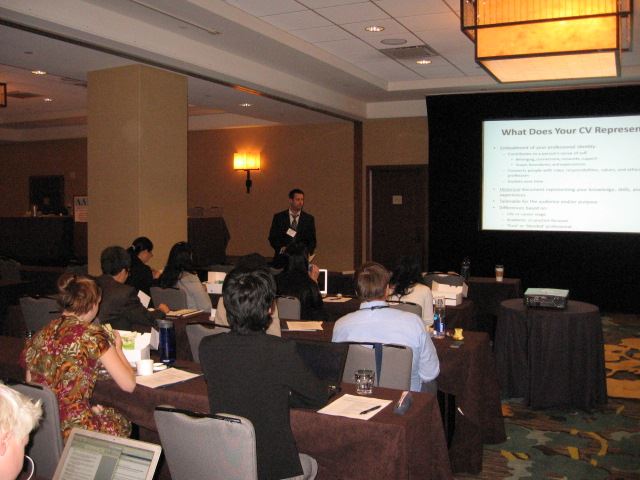The Professional Development and Mentoring Council will offer sessions on
Monday, March 14, 2022 & Tuesday, March 15, 0222
Topics vary year to year, but are intended to support the professional development of AAHB members and graduate students.
All conference participants are invited to attend the professional development and mentoring sessions
|
|
Monday, March 14, 2022 7:30 am - 9:00 am Baker Ballroom 
Professional Development - Mentor/Mentee Collaborations Presenter: Matthew Lee Smith, PhD, MPH, CHES, FGSA, FAAHB Texas A&M University Title: Keys to Quality Mentorship and Productive Collaborations: Lessons Learned from AAHB Scholars This interactive session will provide attendees with tips and strategies essential to form strong and productive mentor/mentee relationships and collaborations. The session will begin with brief presentations from the AAHB Research Scholars Mentorship Program (RSMP) cohorts to highlight their efforts over the past year. Then, a panel discussion will be facilitated to enable mentor/mentee pairs to share lessons learned and address questions from the audience. Past RSMP cohorts and those interested in being part of the 2022 RSMP are encouraged to attend. Learning Objectives:
Tuesday, March 15, 2022 7:30 am - 9:00 am Baker Ballroom
Professional Development - Meta-Analysis with STATA Zoom Presenter: Gabriela Ortiz, Applied Econometrician Stata Representative and Houssein Assaad, PhD - Principal Statistician and Software Developer at StataCorp and the primary developer of Stata's meta-analysis suite. Title: Performing meta-analysis in Stata
Moderator: Matthew E. Rossheim, PhD, MPH, CPH University of Texas Health Science Center at Fort Worth Department of Health Behavior and Health Systems School of Public Health This professional development session is designed for graduate students and researchers. Learning Objectives: 1. Learn the tools in Stata 17 for performing meta-analysis. Sponsored by Stata Tuesday, March 15, 2022 1:00 pm - 2:30 pm Baker Ballroom
Presenter: Ruopeng An, PhD Brown School, Washington University in St. Louis Title: Incorporating Artificial Intelligence in Public Health Teaching and Research A Brief Summary: Artificial intelligence (AI), characterized by machine learning (ML), has been increasingly recognized as an indispensable tool in health sciences, with relevant applications expanding from disease outbreak prediction to medical imaging and from patient communication to behavioral modification. However, gaps in adopting and utilizing those modern data analytic techniques prevail in public health. This workshop aims to provide an overview of the basic concepts and applications of AI and ML in the fields of public health, medicine, and beyond. After attending the workshop, participants will be able to (1) understand the ML programming paradigm, (2) learn various contemporary applications of ML, (3) differentiate various types of ML systems, (4) explain the main challenges of ML and potential remedies, and (5) familiarize with a rich set of resources (e.g., textbooks, online courses, computational platforms, software packages, datasets) that can facilitate learning AI and ML. Learning objectives: Workshop participants will: (1) learn a brief history, key definitions and essential concepts, popular applications, algorithm biases, and misperceptions about artificial intelligence (i.e., machine learning and deep learning or neural network models); (2) learn to implement an end-to-end machine learning project using Python and Scikit-Learn in Google Colab; and (3) familiarize with a rich set of resources (e.g., textbooks, online courses, computational platforms, software packages, and datasets) that can facilitate learning artificial intelligence. Sponsored by AAHB Fellows |






